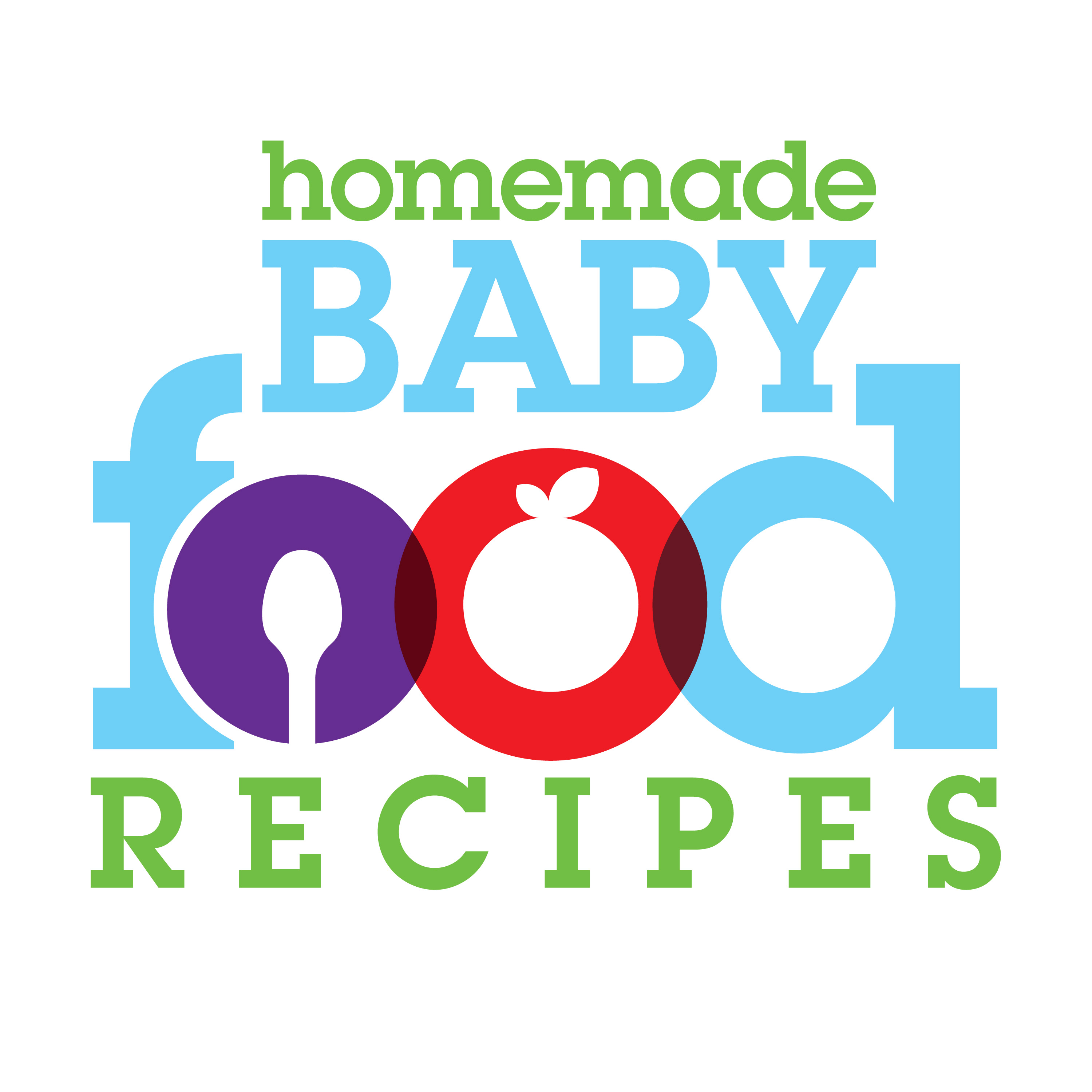Reports in the UK today are suggesting that the levels of arsenic in baby rice and rice milk are dangerously high.
Scientists from the University of Aberdeen have been testing the arsenic levels of three leading brands and say that the amount they contain is high enough to put children at risk of certain cancers. According to their report (published in the journal Environmental Pollution) babies consuming the food with the highest arsenic content would be receiving around six times the maximum amount of arsenic that is allowed under the regulations stipulating acceptable levels in water.
The problem could then be compounded by babies consuming other rice products such as rice cakes and puffed rice.
How does arsenic get into the rice?
The arsenic the scientists were testing for is known as inorganic arsenic, a carcinogenic compound that occurs naturally in the soil in some areas. This substance can then leach into groundwater – and rice plants, of course, are grown in water. This means that they may absorb the arsenic as they grow.
The rice used to make baby food in the UK is mostly grown in Europe – however, the report’s authors say that it would be better to use rice from California, parts of Spain, or parts of the Indian subcontinent, because the levels of arsenic in soil from these areas is low. Rice grown in the US, though relatively high in the less toxic organic arsenic, is lower in inorganic arsenic than European rice.
The confusion over ‘acceptable’ levels of arsenic
The worrying thing here is that acceptable levels of inorganic arsenic in foods vary around the world – and that some of the products tested would be illegal in other countries. China, for example, has set a far lower cut-off level than that set by the UK.
The scientists who conducted this research say that the potential hazards of inorganic arsenic from rice have only been established in the last few years. As a result, they say that the existing UK limits on arsenic in food – which were actually set in 1959 – need updating.
The Food Standards Agency insists there is no risk to infants, saying
The (new) studies make comparisons with drinking water standards that are not appropriate. Drinking water standards are based on a level that is as low as reasonably practicable or achievable in water and it is not relevant to compare with intakes from food.
However, Professor Andrew Meharg, who led the study, disagrees. He said
What we did was simply compare what a baby is getting with what is legally allowed under the water regulations. What I’m saying is that if it has got to be set at this level in water, why isn’t it set at this level in rice? It doesn’t matter where your exposure is coming from.
Source: www.guardian.co.uk
Parents, then, are left facing a mass of conflicting information – not to mention the worry that this latest research will cause. Certainly, it seems that regulations set for acceptable arsenic in foods in 1959 may need revising, considering that the true toxicity of inorganic arsenic was not known at that time.
The Aberdeen researchers suggest that concerned parents should think about switching to oats, barley, wheat or other grains to replace the carbohydrates in their babies’ diets.
Another option is to buy certified organic rice and grind it yourself to make baby rice. The rules for organic certification vary from country to country – however, they usually stipulate that the soil in which produce is grown be tested for contaminants.
Certified organic rice is available at many health stores in the UK and online via Greenline, who require a £4 joining fee but offer a wide range of organic and Fair Trade items.

UK Parents Told to Avoid Rice Milk | The Homemade Baby Food Recipes Blog
Friday 22nd of May 2009
[...] back in April last year raised fears that rice - including baby rice - contained unacceptably high levels of arsenic. The [...]